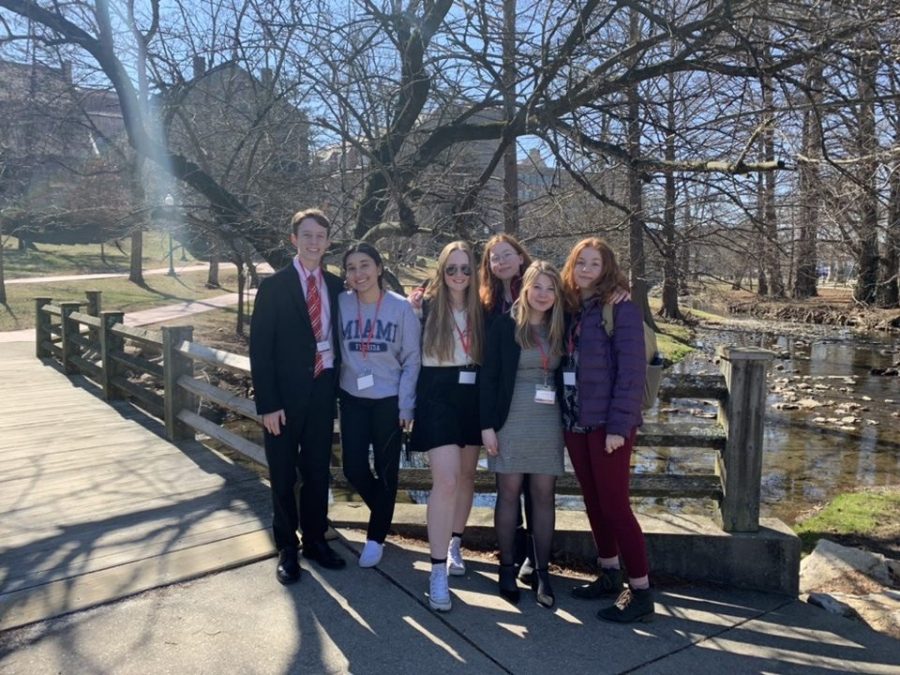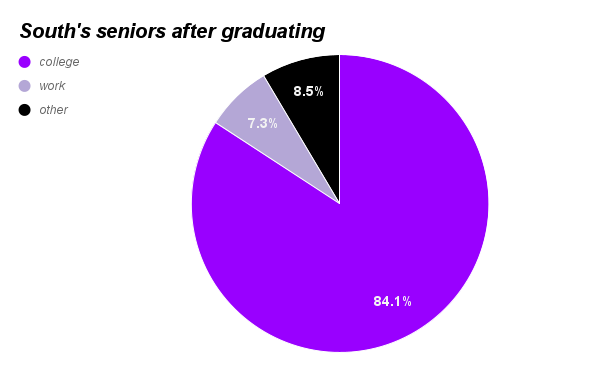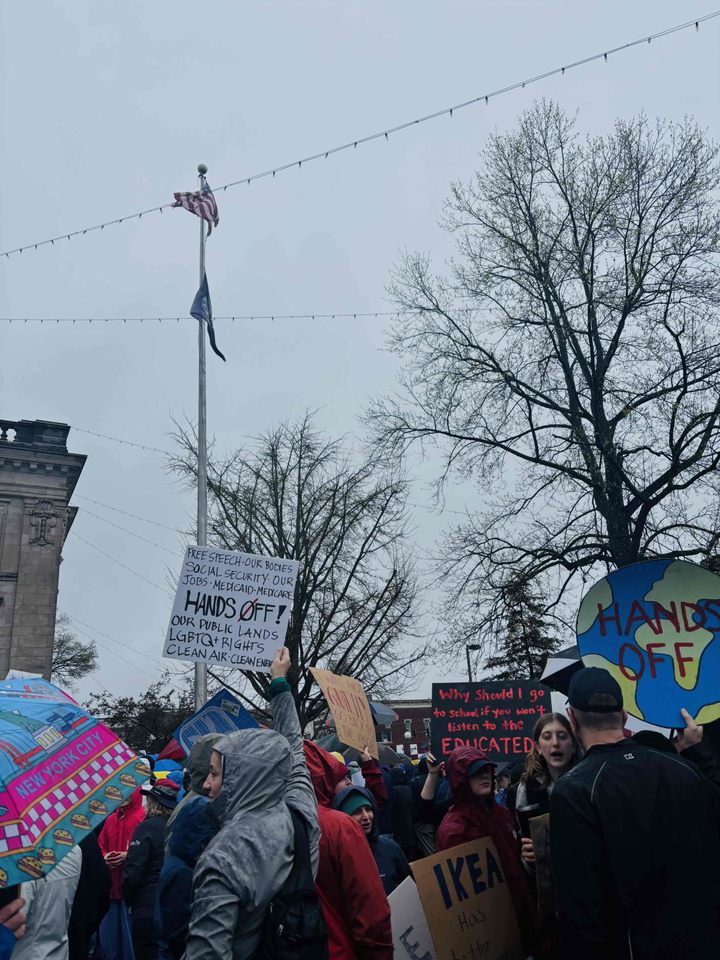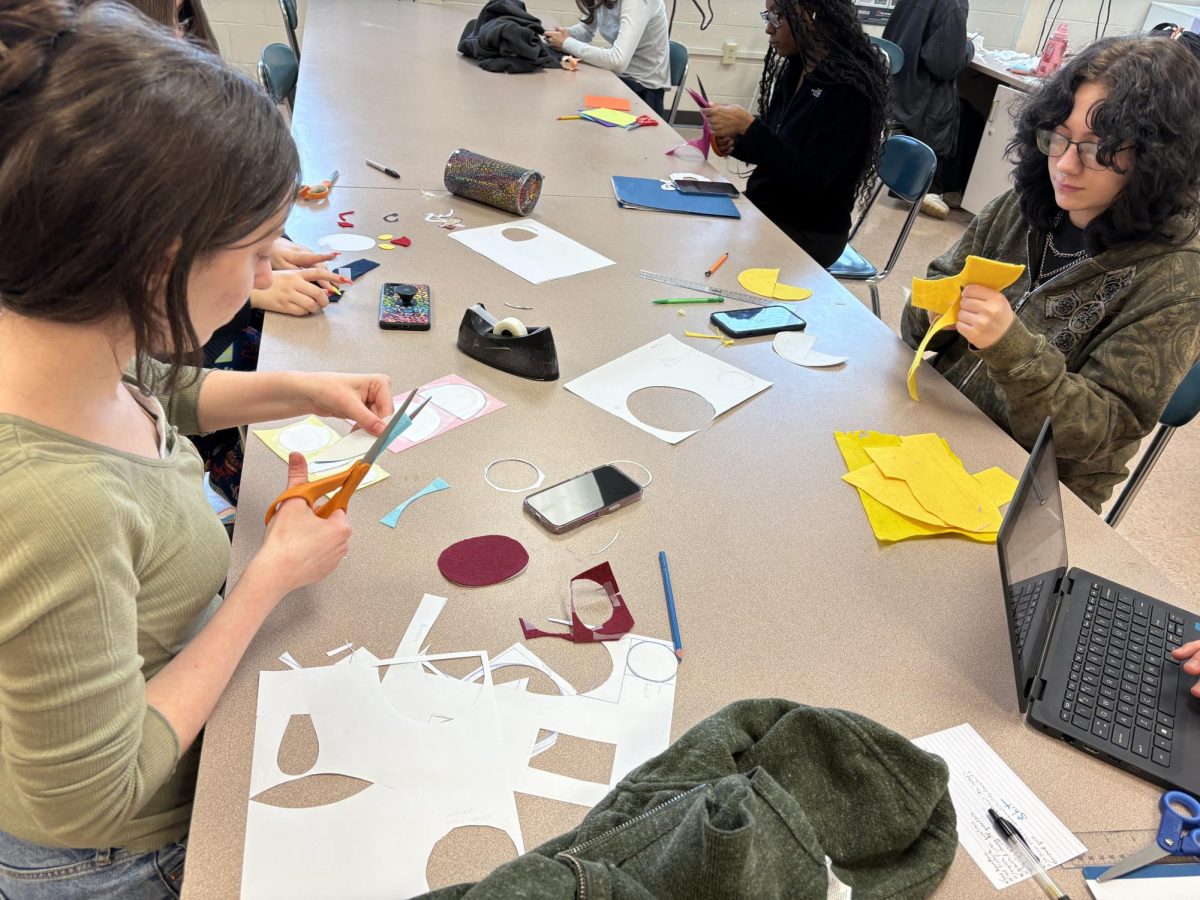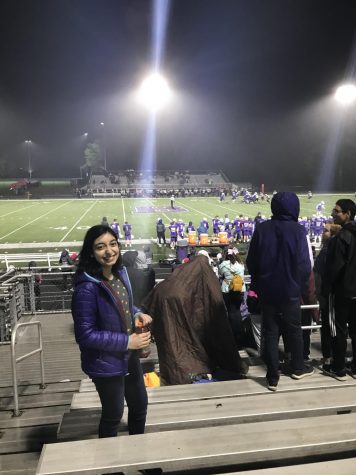It’s common knowledge that experienced government officials acting as delegates for the U.N. contemplate hard-hitting issues that plague modern society, such as the vaccination debate. However, Boone Law is doing the same thing. He’s a sophomore.
The United Nations, or U.N., is an international organization made up of delegates from all over the world. They work together to solve the problems plaguing society and find ways to create peaceful solutions. However, Law is not a government official in the U.N. Bloomington South has a Model U.N. team that allows Law and other South students to experience a U.N. forum and the role of a U.N. delegate.
Model U.N. is essentially the United Nations for high school and college students. Students act as delegates and participate in conferences. Sophomore Eva Stuart is a member of South’s Model U.N. team and enjoys the experience immensely.
“My mom works at O’Neill [the IU school of Public and Environmental Affairs], so I’ve always been interested in politics,” said Stuart on her reasons for joining the club.
In terms of club activity itself, the team meets about once a week to go over and structure position papers. Every person in the club is part of a committee focused on a particular political issue, and position papers are used by delegates to present their claims on their committee’s issues, according to Stuart.
Model U.N. delegates don’t really have competitions; rather they go to conferences where they present their position papers, and their ideas for resolving their committee’s political issues. In fact, South’s Model U.N. team went to the Indiana Model U.N. conference at IU this past weekend.
“It’s a lot of kids that know about a topic like international law or war sanction policy, which was mine. We work together as a group and present ideas as resolutions. We presented to IU students who knew way more than we did,” said Stuart with a chuckle.
What seemed to be one of the most important parts of Model U.N. at South was its supportive community.
“We help each other figure out topics [at weekly meetings],” said Stuart. “I’ve been in other clubs where it was so competitive and harsh. [Model U.N.] has a very good sense of community. There’s just seven of us, and we all know each other.”
For readers who are intrigued by the goings-on of this club, there is definitely still room for more people.
“We’re hoping to get younger members, [or] even seniors,” said Stuart. “We’re always looking for new members.”
Whether the seven students in South’s Model U.N. team go on to pursue political careers or otherwise, it’s clear that they all have a large passion both for politics and for coming up with constructive solutions to political issues. In a society that is often torn over these public affairs, this team has found a way to mend the divide.
